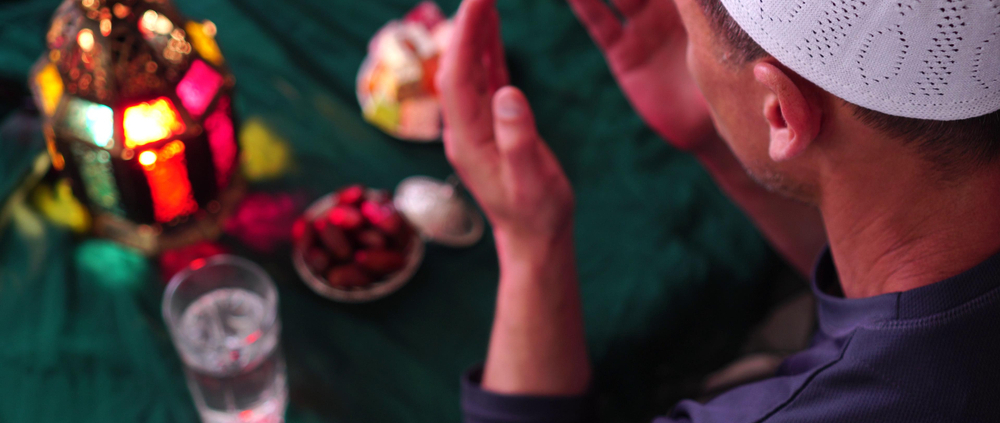What Should One Who Repeatedly Masturbated in Ramadan Do?
Shafi'i Fiqh
Answered by Shaykh Irshaad Sedick
Question
Suppose someone had masturbated during Ramadan and made qada for this. Then the person masturbated and broke their fast again in the next Ramadan. Would only a qada be needed to make up for the fast, or is an expiation of fasting sixty days consecutively required?
Answer
In the Name of Allah, the Most Merciful and Compassionate. May Allah guide us to that which pleases Him, forgive us for our shortcomings, and alleviate our difficulties, Amin.
May Allah forgive you and all of us for our sins. Repent to Allah sincerely and, if needed, seek professional assistance to escape the clutches of this ugly sin. Ramadan is a month of forgiveness and mercy, and I hope that you managed to repent during Ramadan already, but if not, Allah remains the Most Merciful.
Masturbation (self-stimulation for sexual gratification) is unlawful. Masturbation during the day in Ramadan is unlawful and a heinous crime. Suppose such stimulation results in ejaculation, the fast on that day is broken and must be made up, though the perpetrator should continue abstaining from things that would break the fast till Maghrib on that day. The consecutive sixty-day fasting is only for the crime of breaking one’s Ramadan fast by sexual intercourse, and Allah knows best. [Nawawi, Al-Majmu’ Sharh al-Muhadhab]
Masturbation
Imam Shafi’i concluded that masturbation (self-stimulation) is unlawful because Allah says: “And those who guard their chastity [i.e., private parts, from illegal sexual acts]. Except for their wives or (concubines) that their right hands possess – for them, they are free from blame. But whoever seeks beyond that, then those are the transgressors.” [Quran, 23:5-7]
I pray this is of benefit.
[Shaykh] Irshaad Sedick
Checked and Approved by Shaykh Faraz Rabbani
Shaykh Irshaad Sedick was raised in South Africa in a traditional Muslim family. He graduated from Dar al-Ulum al-Arabiyyah al-Islamiyyah in Strand, Western Cape, under the guidance of the late world-renowned scholar, Shaykh Taha Karaan.
Shaykh Irshaad received Ijaza from many luminaries of the Islamic world, including Shaykh Taha Karaan, Mawlana Yusuf Karaan, and Mawlana Abdul Hafeez Makki, among others.
He is the author of the text “The Musnad of Ahmad ibn Hanbal: A Hujjah or not?” He has served as the Director of the Discover Islam Centre and Al Jeem Foundation. For the last five years till present, he has served as the Khatib of Masjid Ar-Rashideen, Mowbray, Cape Town.
Shaykh Irshaad has thirteen years of teaching experience at some of the leading Islamic institutes in Cape Town). He is currently building an Islamic online learning and media platform called ‘Isnad Academy’ and pursuing his Master’s degree in the study of Islam at the University of Johannesburg. He has a keen interest in healthy living and fitness.
